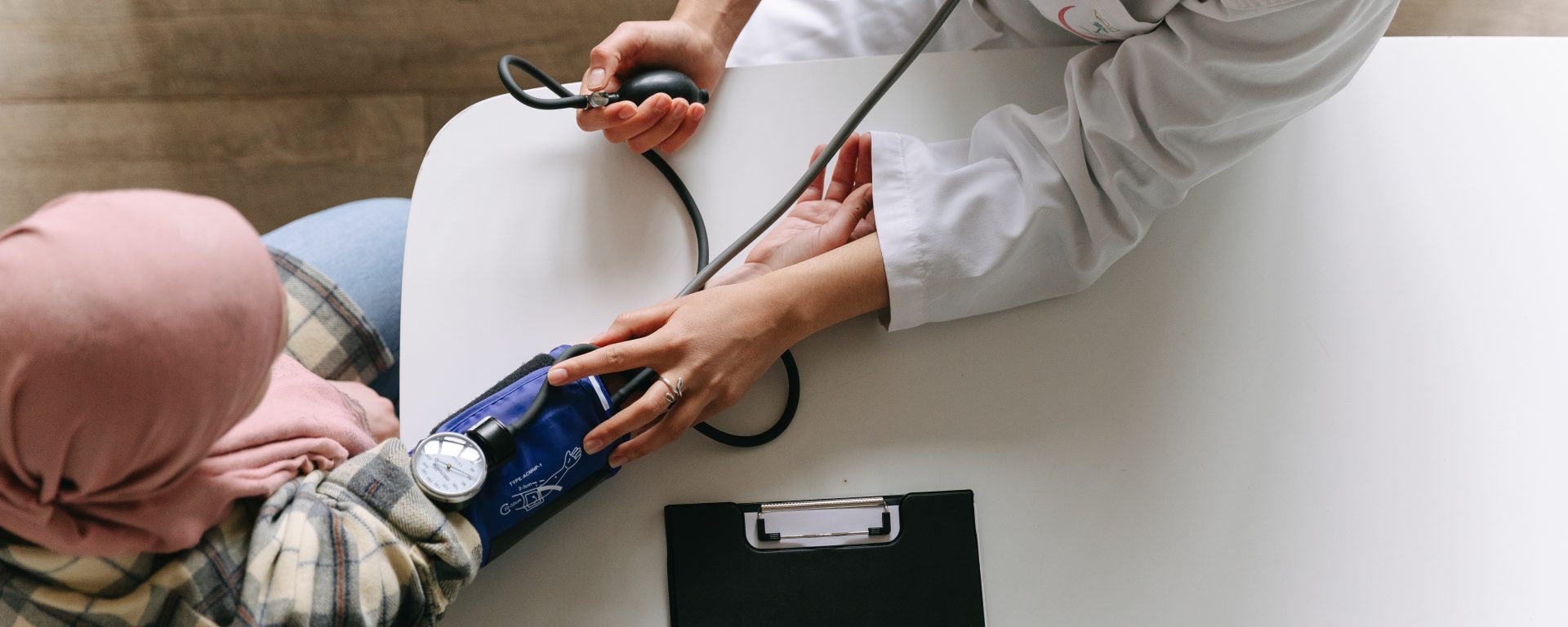In 2000, Hodgson, et. al., conducted study which aimed to investigate the effects of reflexology on the quality of life of patients in the palliative stage of cancer. The objective was to determine whether reflexology, a complementary therapy that involves applying pressure to specific points on the feet, could provide any benefits for individuals facing advanced cancer.
In this randomized controlled trial, twelve patients with various types of advanced cancer were recruited and divided into two groups. The participants were unaware of the group they were assigned to. One group received genuine reflexology sessions, while the other group received placebo reflexology sessions. Both groups underwent three sessions of their respective treatments.
To assess the impact of reflexology, all participants completed a linear analogue self-assessment scale that measured their quality of life before and after the treatment. The same qualified reflexologist provided the interventions for both groups, ensuring consistency in the delivery of the treatments.
After receiving reflexology, all participants, including those in the placebo group, reported an improvement in their quality of life. However, the group that received genuine reflexology treatment reported significantly greater benefits compared to the placebo group (p = 0.004).
The findings of this study demonstrate that reflexology has a positive impact on the quality of life of patients in the palliative stage of cancer. Despite some participants receiving a placebo treatment, both groups experienced improvements, suggesting a potential placebo effect. Nonetheless, the reflexology group reported more substantial benefits, highlighting the specific effects of this complementary therapy.
These results contribute to the growing body of evidence supporting the use of reflexology as a complementary intervention for cancer patients in palliative care. Reflexology may offer a non-invasive and holistic approach to help alleviate symptoms, enhance well-being, and improve the overall quality of life for individuals facing advanced cancer.
Further research is warranted to explore the mechanisms through which reflexology exerts its effects and to determine its potential as part of an integrative approach to cancer care. With its potential to provide comfort and support, reflexology may play a valuable role in the comprehensive care of palliative cancer patients, addressing both physical and emotional aspects of their well-being.
Reference: Hodgson, H. (2000). Does reflexology impact on cancer patients’ quality of life?. Nursing Standard (through 2013), 14(31), 33.
